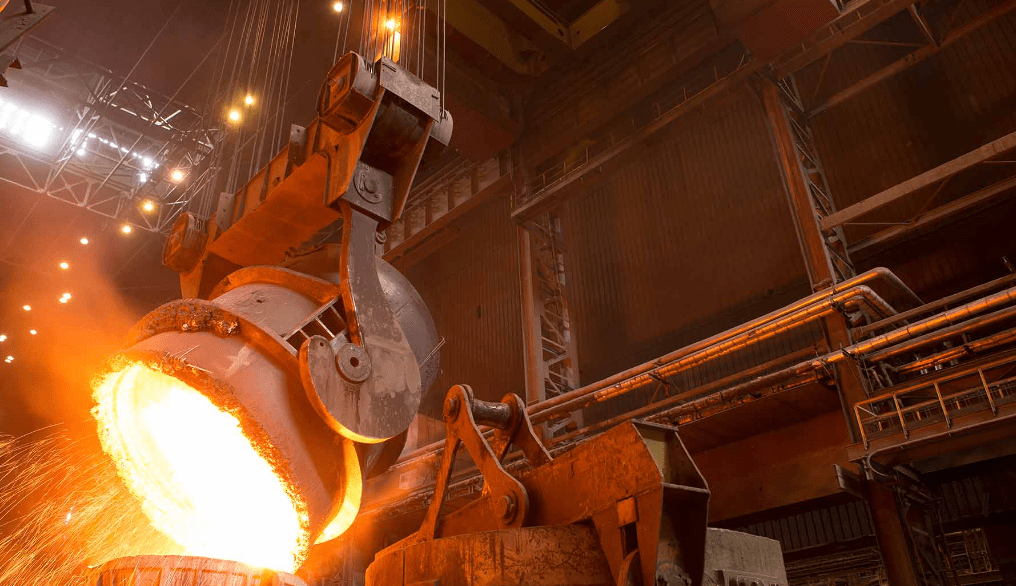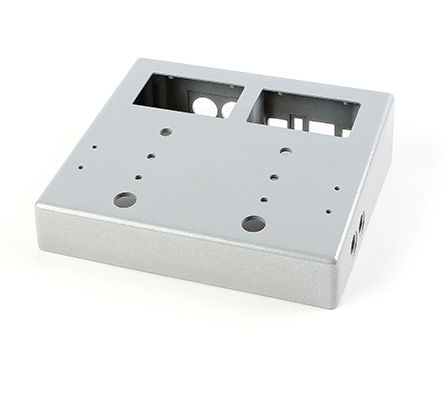Die casting is a widely used manufacturing process for producing metal parts with high precision and efficiency. However, understanding the cost structure of die casting is crucial for businesses to make informed decisions. The costs associated with die casting can be influenced by several factors, including tooling, material selection, part complexity, production volume, and the overall design and maintenance of the tooling. In this article, we will explore these factors in detail to provide a comprehensive understanding of how much die casting costs.

One of the most significant costs in die casting is the tooling cost. Tooling involves creating molds, known as dies, that are used to shape the molten metal into the desired parts. These dies are made from special steels capable of withstanding high temperatures and pressures, ensuring they can perform reliably for tens of thousands of cycles. The initial investment for tooling can range from $15,000 to $150,000, depending on the size and complexity of the part.
This large initial investment might seem daunting, but it's essential to understand why a good die cast tool costs what it does. High-quality tooling ensures consistency in part production from the first shot to the last, which is critical for maintaining the integrity and performance of the parts. Cutting corners with cheaper tools can lead to problems down the road, such as increased costs from secondary operations or even complete project failure.
The choice of material significantly impacts the overall cost of die casting. Different metals have varying costs, availability, and physical properties. Common materials used in die casting include aluminum, zinc, and magnesium, each with its own set of advantages and cost considerations.

Aluminum is popular for its lightweight and good mechanical properties, making it suitable for a wide range of applications. Zinc, on the other hand, offers excellent precision and ease of casting but can be more expensive. Magnesium is the lightest of the commonly used die-casting metals and provides a good strength-to-weight ratio but is also costlier than aluminum.
The material utilization rate in die casting is typically between 90% and 95%, meaning that most of the material is used efficiently with minimal waste. However, the specific requirements of the part, such as post-processing needs and recyclability, also play a role in determining the cost.
The complexity of the part being produced is another critical factor in die casting costs. Parts with intricate designs, thin walls, undercuts, and tight tolerances require more complex molds and production processes. Such complexity increases the cost of both the tooling and the actual production.
Design for manufacturability (DFM) principles can help optimize part geometry for cost-effective die casting. By simplifying the design and reducing unnecessary complexities, manufacturers can minimize material usage and reduce the need for secondary operations, leading to significant cost savings.
Production volume has a profound impact on die casting costs. Higher production volumes generally lead to lower per-unit costs due to economies of scale. When producing large quantities of parts, the initial tooling and setup costs are spread over a greater number of units, reducing the overall cost per part.
For example, if a die casting project involves producing over 2,000 parts, the per-unit cost for a simple open-and-shut part in aluminum or zinc typically should not exceed three times the material cost. This rule of thumb highlights the importance of production volume in achieving cost efficiency.
The design and maintenance of the tooling are crucial for long-term cost-effectiveness. Superior tool design ensures that parts are consistent and of high quality from the first shot to the last. At Dynacast, for example, attention to detail in tool design includes using predictive software like MAGMA to determine the optimal runner system, gating, and overflow placement. This level of precision helps predict and correct potential issues like porosity and failure, which can be costly if addressed after the fact.
Cooling circuits in the tooling are also essential. Proper cooling ensures that parts are removed from the cavity at the right time to maintain their shape and structural integrity. Strategic placement and coverage of cooling lines, along with thermal analysis for optimization, are vital for high-quality parts and efficient production.
Tooling inserts and proper maintenance further contribute to cost savings. By designing tools with smaller shut-offs and incorporating replaceable inserts, manufacturers can make adjustments during production without replacing the entire tool. This approach provides better dimensional stability and reduces long-term costs.
Prolonging the life of the die is crucial for cost management in die casting. Predictive maintenance ensures that tools are repaired before failure occurs, minimizing downtime and avoiding the high costs of creating new tools. Proper tool design, including features that anticipate wear and tear, helps extend the lifespan of the tooling.
Careful cleaning and storage of tools when not in use also contribute to their longevity. Facilities equipped with ultrasonic cleaning systems can maintain tools in optimal condition, ready for the next production run.
If you're seeking a reliable and experienced die casting manufacturer, look no further than HYDieCasting. Our commitment to superior tool design, material selection, and meticulous maintenance ensures the highest quality and cost-effective die casting solutions for your projects. Contact HYDieCasting today by lily@huayin99.com to learn more about our services and to get a quote for your next die casting project.